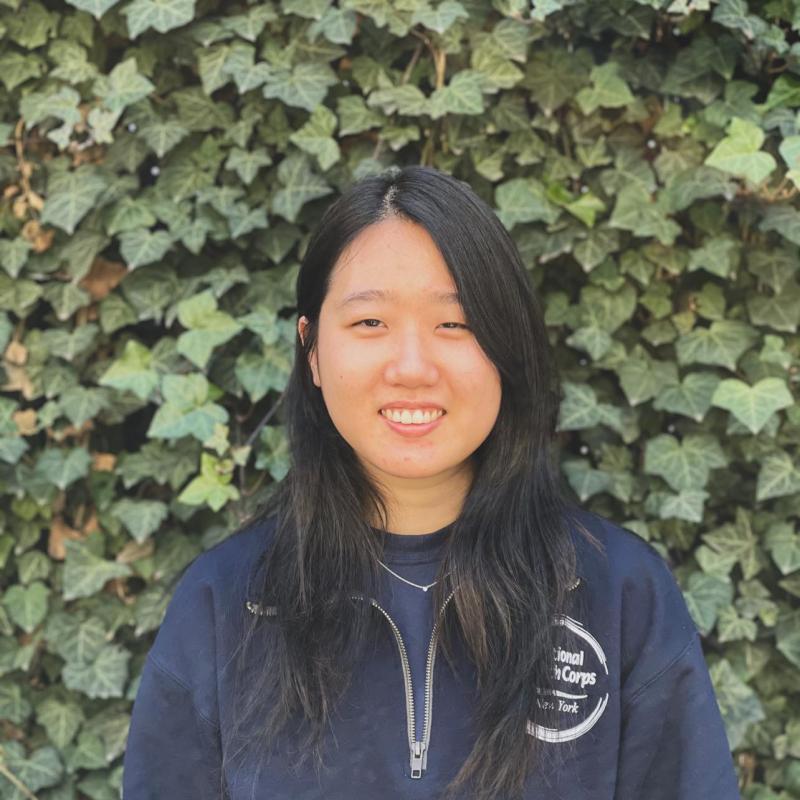In the United States, pregnancy-related mortality is increasing, and race and ethnicity are two of the main factors. As of 2017, Black, American Indian, and Alaska Native women are two to three times more likely to die from pregnancy-related causes than white women. Black women in particular have the highest risk with a pregnancy-related mortality rate of 41.7 deaths per 100,000 live births, which is twice as much as the national rate average. A documentary on pregnancy-related mortality among Black women called Death by Delivery shows that even when taking into consideration the women’s socioeconomic status and education level, Black women living in the wealthiest areas are still four times more likely to have a miscarriage than white women living in the poorest areas in the United States, and college-educated Black women are two times more likely to experience pregnancy complications than white women who have a lower level of education. Furthermore, the risk increases among Black women if they live in New York City.
As an NHC AmeriCorps member, I serve at both Sun River Health and the Caribbean Women’s Health Association (CWHA). CWHA is an organization that serves mostly the Black Caribbean community and provides services and support in areas ranging from maternal health to HIV and legal assistance, a place strongly working to eliminate the country’s mortality issue. Part of my service description focuses on supporting CWHA staff in the breastfeeding program, which includes workshops and support groups. With the COVID-19 pandemic, many of the services and events once held in-person are now virtual, and I was worried that many mothers would find it difficult in accessing quality resources and social support. To my surprise, the pandemic proved to have the opposite effect. For instance, attendance in CWHA’s breastfeeding workshops and support groups increased as New York enforced lockdown restrictions and more people were seeking the resources to assist them during the pandemic. During one of my outreach calls with one of the support group participants, I learned how much impact a few hours of social interaction and support can have on the mothers’ lives who are dealing with both the pandemic and caring for a newborn baby. The community CWHA built for the mothers and women was a space of support and social interaction much needed this year.
Regularly interacting with the community members that both CWHA and Sun River serve is a great reminder of the bigger goal of addressing racial health disparities and improving population health on the community level. It is important to keep in mind the problems we see now during the pandemic, especially in communities of color, do not end with the pandemic and have and will persist before, during, and after. Looking forward, I hope to learn more about the country’s public health and health care issues as I serve CWHA and Sun River’s community members.
Soo Baek serves as an Outreach Coordinator with Sun River Health in Brooklyn and at the Caribbean Women’s Health Association.
To learn more about CWHA, visit http://www.cwha.org/.
Sources:

